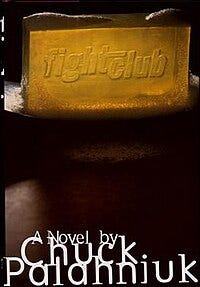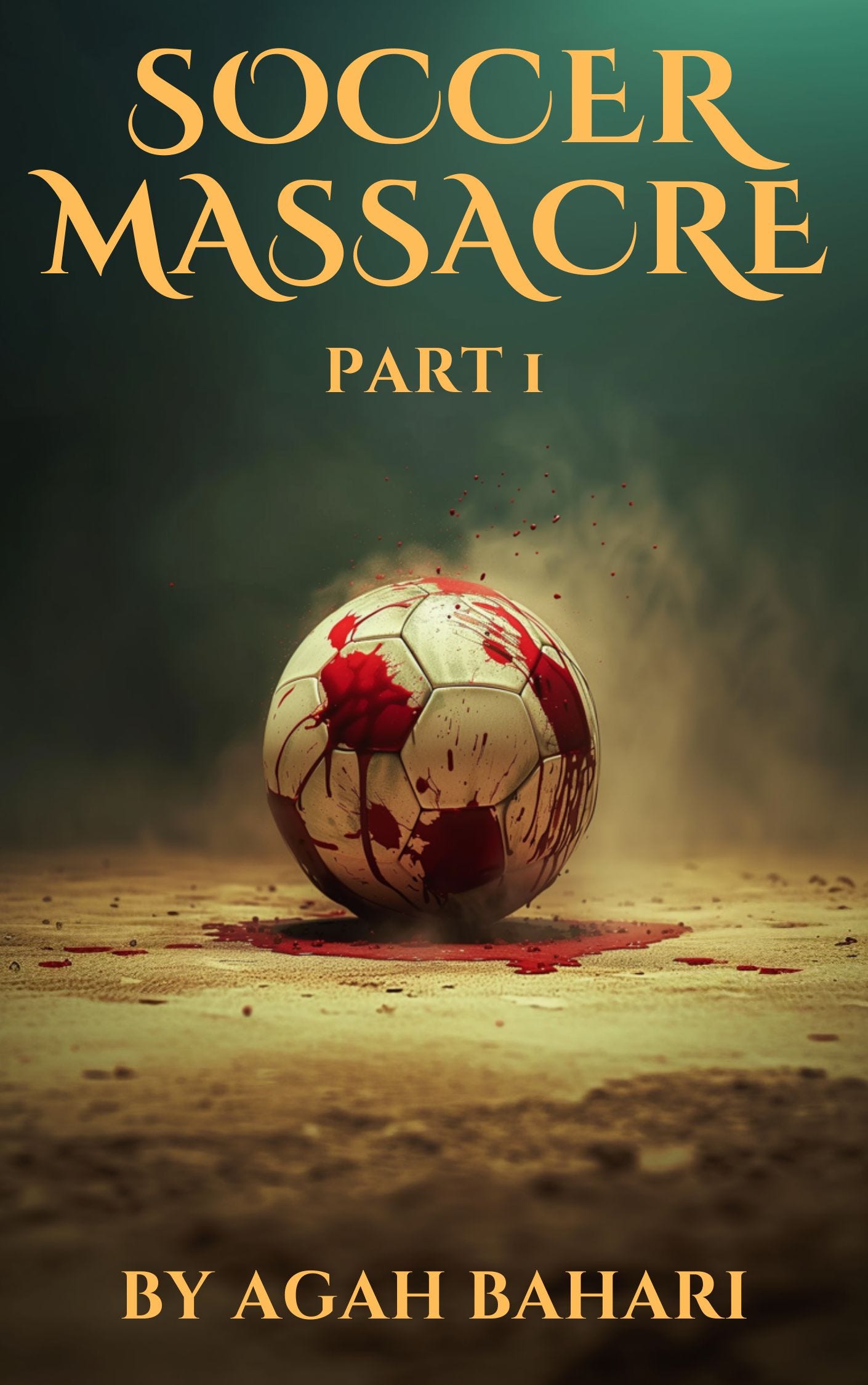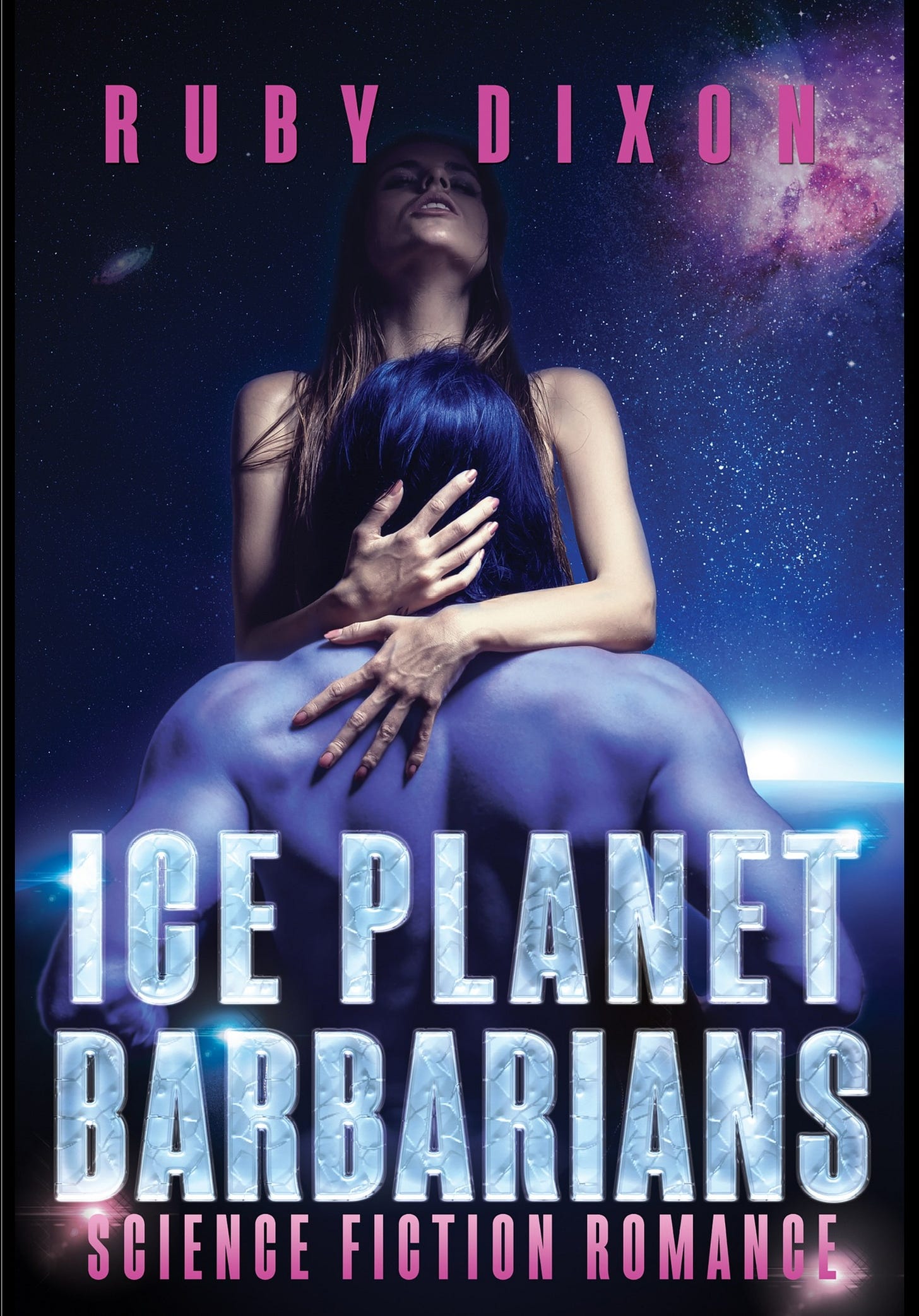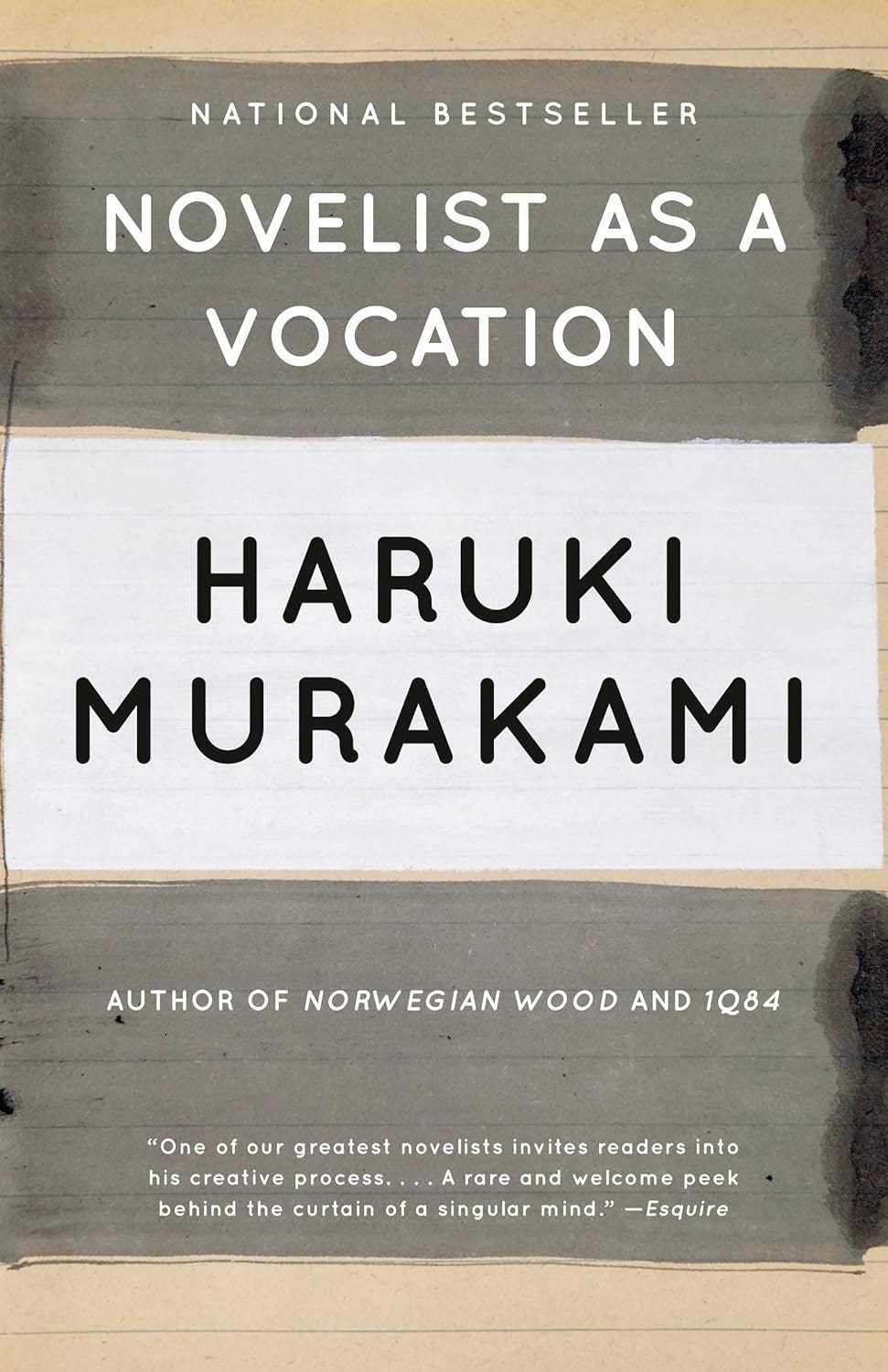“It’s possible for a first-timer to produce a fine novel if he or she is blessed with just a little talent.” — Haruki Murakami, Novelist as a Vocation.
Everyone should write a novel.
Hear me out.
A lot of novelists sound the exact same or VERY similar. Readers actually like this. It helps them dig into the genre. People enjoy knowing what to expect because they like to feel smart, and knowing and being right makes one feel smart. When you can occasionally guess correctly what will happen next, that makes you feel intelligent, like you’re a mind reader. Simple, but true. We enjoy the familiar.
However, after a while, this typical, somewhat predictable writing can get boring, BUT THEN, just when you think you know 100% for sure what is about to happen next, the author pulls a crazy move and you’re like, woah, that was unexpected but believable, made perfect sense. Why didn’t I think of that? Then you respect the writer even more. They seem smarter than you.
Except there is a line.
Prediction Failure
When novels are too unpredictable, when you can’t predict them at all, or often enough, it isn’t always good. We don’t like feeling too uncertain in real life or in novels. We don’t like it because when we can’t ever guess right, we feel dumb. Then we may project this feeling onto the author.
We may read an unpredictable novel and think, this writer is stupid, this makes no sense. Why am I expecting one thing and getting something totally different?
We may throw our hands up and say, this isn’t even a mystery! This isn’t even a book! This is too crazy!
Yet, a medium dose of that crazy is good. A medium dose of the wildly unexpected makes new work feel fresh, or brilliant, and this is one reason why non-writers should write novels. Some non-writers may accidentally reach this level without really trying because they don’t know it’s a separate level trained novelists aim for.
Art with a capital A.

And then, beyond the medium dose of believable but often unexpected, there is another line, another frontier, the story where you can’t guess anything, yet it has its own world, its own logic, its own poetry, but you’ve never seen it before. It is beyond the genres you know. It’s a new animal. It’s different. In this category, I put: Spirited Away, The Taste of Tea, Fight Club, Beloved, Slaughterhouse-Five, A Clockwork Orange, Twin Peaks, Life of Pi, Philip K. Dick, Carlos Castaneda, Joan Didion, etc. Many, but also few. (Btw—who is the Joan Didion of today? I keep wondering…)
I’m not talking about successful books like Harry Potter, or The Da Vinci Code, which are very familiar, but which nail that familiarity and slaughter every story beat and genre mark. I’m talking about things way outside the box that still hit big.
This category involves the greatest art, yet sometimes outsiders make it, people who have never taken a writing class, didn’t major in English, don’t have an MFA, who maybe don’t even read that many novels, just suddenly, boom, lightning strikes and they decide to write a book. But because they haven’t been inundated by other source material or “advice” their book is fresh. It sings.
Take, for example, famed Japanese novelist Haruki Murakami, who in his memoir, Novelist as a Vocation, wrote:
“I had no special plans to become a writer, never even tried to scribble something down for practice, until one day the bug suddenly bit me and I wrote my first novel (if you want to call it that), Hear the Wind Sing, which ended up winning a literary magazine’s prize for new writers.”
And this is why non-writers should write novels.
Because sometimes, they write great ones.
Before his first novel, Murakami owned and ran a jazz bar. He wasn’t and still isn’t a big novel reader, but he’s probably the most well-known Japanese novelist alive.
Lies writers tell other writers
I came to this conclusion regarding non-writers writing novels recently after reading Murakami’s memoir, and also because my partner randomly wrote a novel for fun during Nanowrimo (national novel writing month), after I suggested he do it with me, and the book he wrote is BANGING. I loved it. It’s called Soccer Massacre.
His non-novelist novel was so unlike anything I’d ever read in style. I attribute this uniqueness to the fact that he’s an intelligent person, but one who doesn’t actually read many novels.
Writers often hear this advice of, “You must read lots of good novels to be able to write a good novel,” “Read as many novels as you can,” “Reading is as important as writing,” and blah blah blah, but folks, it’s a lie. It’s not always true.
You see, most fiction writers have read so many other novels that we know exactly how novels work behind the scenes, all the tricks, and because of this, we can’t help but make novels that meet all the expectations of novels. Not true of the non-novelists.
All non-novelists need is the basic gist of telling a story to get through the process. And without knowing the expectations, sometimes they can do amazing things and tell disruptive stories in the same way cars like Teslas disrupt the meaning of how cars should function. Toyota would have never put a fart noise in the indicator of their cars, but outsider Elon Musk did it, and people loved it.
Same for fiction tellers.
The freedom to fiction as you please
This is why I love self-published books too. Many self-published authors have thrown out all the rules, conventions, and norms, yet people still love their books. See Ice Planet Barbarians, Old Thot Next Door, or Before and After: An End of the World Weight Loss Epic.
Even though I consider myself a novelist, I try to fall into this space of “unpredictable, but believable,” to avoid too many “writing rules,” and after reading my most recent novel, Acid Christmas, a woman I know through a friend, who usually reads traditionally published books was like, “Your book was so cool! I had no idea crazy books like this could be published.”
Yeah, you can literally write and publish whatever you want. There is almost 0% censorship of books for sale on Amazon. You have to really make yourself a pariah to get your book pulled from Amazon. Otherwise, if you can write it, you can publish it.
Some think this is a bad thing. They want publishing to stay as bound to conformity as possible, to be laced up like a Victorian bodice, but not me. I think this freedom is amazing.
I’m now helping my partner, Agah Bahari, publish Soccer Massacre because I believe it’s so fresh and great. We’re breaking it into three novelettes that will probably come out in rapid succession later this year. It’s like nothing I’ve ever read before.
Just Do It
“The novel’s form is extremely broad.”
— Haruki Murakami, Novelist as a Vocation
Hence, every adult should try to write a novel at least once. Not just for the benefit of yourself, but for the benefit of readers. Because what you write might turn out amazing, and the more amazing things we have to read, the better.
And don’t go and read a bunch of books on how to write a novel first. No. You already know what a novel is. Even your six-year-old knows. A novel is a bunch of words on a bunch of pages that are all made up and tell a story. That’s all you need to know.
Just like we should all probably occasionally paint a painting or make up a dance, we should all try writing a novel. I use the word “try” because it is indeed hard and not all who attempt to write a novel will succeed, but even if you don’t finish, it’s fun. And often in the fun, you uncover true gifts you never knew you had.
So, go nuts. Try your hand.
It’s also a good challenge, a solid long-term “stretch” project that forces you to build a new skill, grow new pathways in your brain, and lean into a new habit, which should have positive impacts on your life in general, unless you’re being super self-destructive and neurotic about it, but usually only actual novelists (mostly deranged to begin with) act like that. Regular, non-novelists will be more likely to stay rational about their writing and have fun.
And if you decide to write a novel and actually do it after reading this post, please let me know. I would love to see your novel.
Do it for yourself, for other writers, and most of all, for the readers.
“A runaway bestseller by a new writer can give the whole publishing industry a boost.”
— Haruki Murakami, Novelist as a Vocation
Now You
Have you tried writing a novel?
Do you plan to try writing a novel?
What is a book, tv show, film, piece of art, music that felt truly fresh to you?
See question above re: modern-day Joan Didion…
What is a novel you’ve dreamed of writing, but haven’t written?







Acid Christmas felt truly fresh to me. And I am over that traditionally published stuff now. Glad I didn't end up going that route. Glad that whatever comes next--I can do whatever I want. That's always worked best for me. I did great in IT because people all designed what they were taught to design and I always designed what I imagined because no education in that field. Made me very successful. But I do like work that has been polished to a shine. You still need to do that part before sending it out into the world.
I totally agree that the non writers are sometimes the best writers!!!!!! Thanks for this one Charlotte!